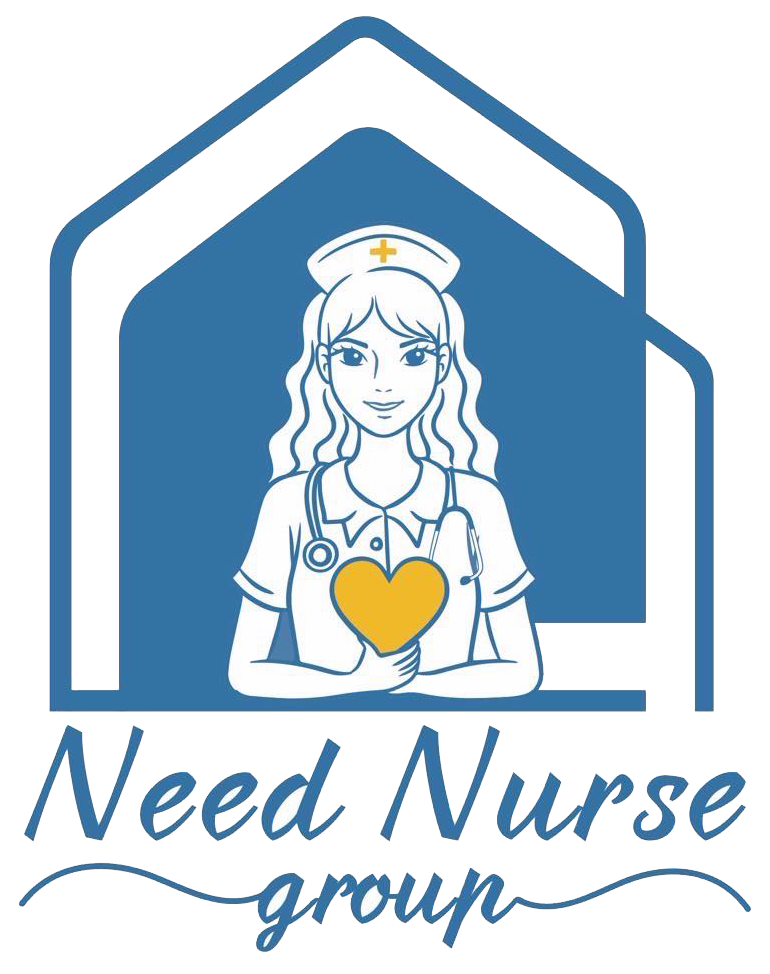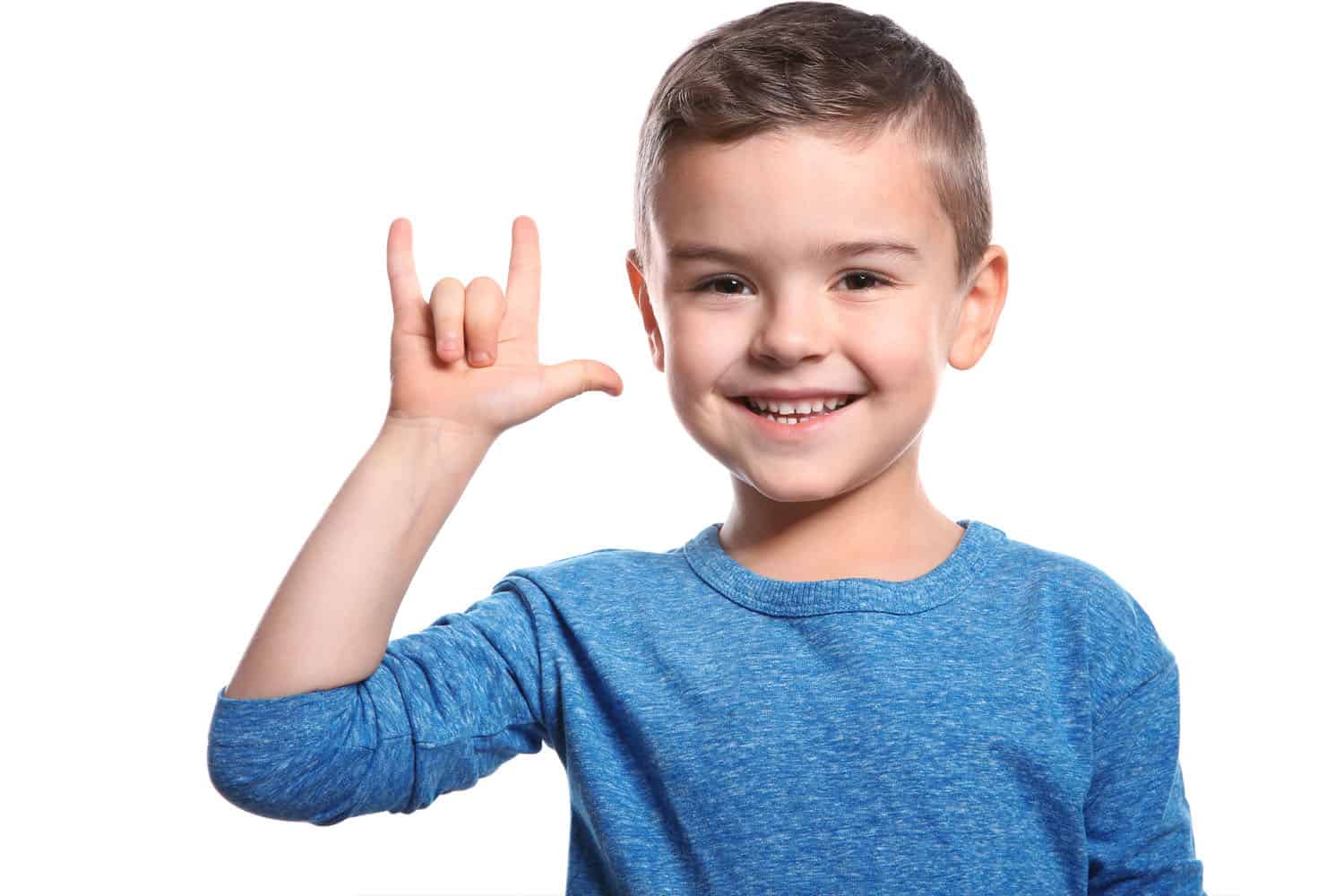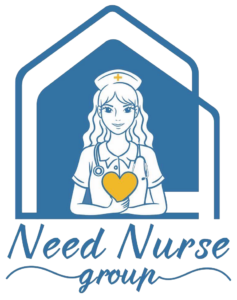Several Things You Must Know Before Having a Small Child
Understanding Developmental Milestones
Learn and understand the physical, emotional, and cognitive development of children at each stage to help nurture appropriate skills and abilities.Providing Proper Nutrition
Small children require foods that support their physical and brain development. Know how to choose healthy and safe meals to meet their needs.Caring for Basic Health Needs
Master the basics of hygiene care, such as changing diapers, bathing, and managing minor illnesses to ensure a child’s well-being.Ensuring Home Safety
Create a safe environment by installing protective devices like stair gates and plug covers and regularly checking toys for safety compliance.Establishing a Consistent Eating and Sleeping Schedule
Plan a balanced schedule for eating, sleeping, and activities to promote good health and a sense of security for young children.Encouraging Emotional and Social Development
Foster strong bonds between parents and children by promoting social skills through play and regular communication.Managing a Child’s Emotions Effectively
Learn how to handle a child’s rapidly changing emotions, such as tantrums, crying, or unexpected behaviors, with patience and understanding.Teaching Discipline and Responsibility
Start teaching children about sharing, waiting patiently, and tidying up their toys to instill a sense of discipline and order.Preparing for Social Interaction
Train children to interact confidently with others by encouraging playtime with friends or family members to build social skills and self-assurance.Assessing and Monitoring Development
Regularly observe a child’s progress to identify potential issues, such as delays in walking or speaking, ensuring timely and appropriate care if needed.
Developmental Milestones of Small Child at Each Stage
Newborn – 3 Months
- Starting to focus on objects and responding to sounds.
- Attempting to lift their head while lying on their tummy.
- Grasping fingers or small toys lightly.
4 – 6 Months
- Rolling over from tummy to back and vice versa.
- Laughing and smiling in response to people around them.
- Reaching for and holding toys, often bringing them to their mouth.
7 – 9 Months
- Sitting up independently without support.
- Using fingers to pick up small objects.
- Crawling or moving to explore their surroundings.
10 – 12 Months
- Standing while holding onto furniture and walking with assistance.
- Recognizing their name and following simple commands.
- Saying simple words like “Mama” or “Dada.”
1 – 2 Years
- Walking independently and starting to run.
- Learning to say several short words.
- Following simple instructions and playing with toys that require hand coordination.
2 – 3 Years
- Running confidently and climbing stairs on their own.
- Using short sentences to express themselves.
- Learning to share and playing cooperatively with peers.






